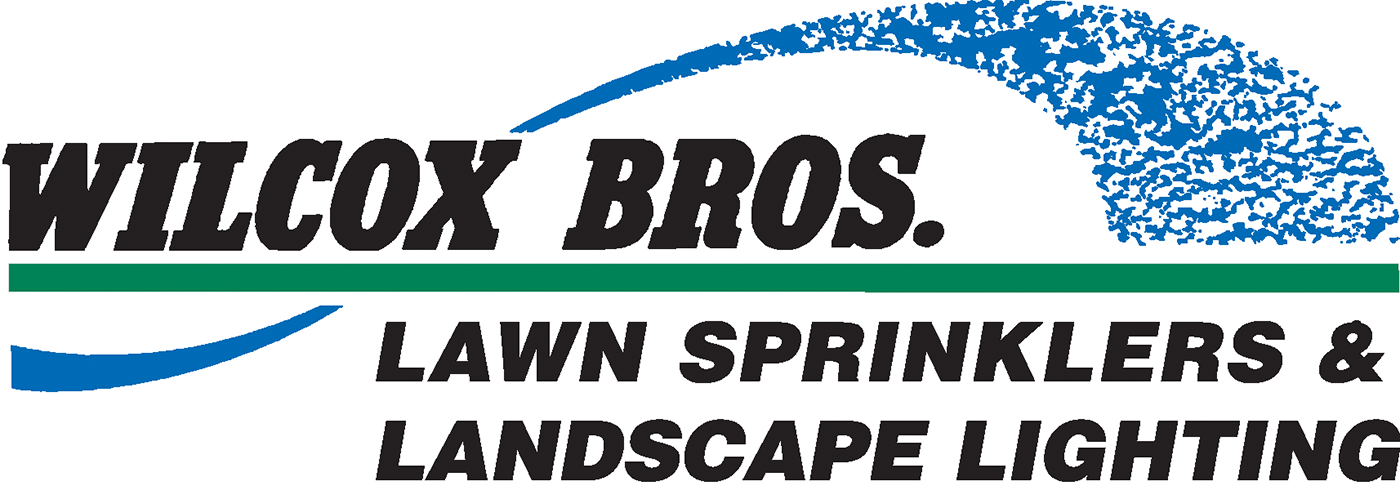Table of Contents
- Why Winterization Matters
- When to Winterize Your Irrigation System
- How Irrigation Winterization Works
- DIY vs. Professional Blowout
- Common Signs of Winter Damage
- Schedule Irrigation Winterization
Why Winterization Matters
In Michigan, freezing temperatures can cause serious damage to irrigation systems that aren’t properly winterized. When water remains trapped in pipes, valves, or sprinkler heads, it expands as it freezes—leading to cracks, leaks, and expensive spring repairs.
Winterizing your irrigation system is one of the most important steps to protect your investment and avoid water damage once the ground thaws in spring. It ensures all water is cleared out, leaving the system safe for the cold months ahead.
When to Winterize Your Irrigation System
Timing matters. In Michigan, most homeowners should plan to winterize their irrigation systems between late September and early November, depending on the weather.
Once nighttime temperatures regularly drop below freezing, damage can occur quickly. It’s best not to wait for frost to arrive — schedule ahead of time so your system is protected before the first hard freeze.
How Irrigation Winterization Works
The winterization process—sometimes called a “blowout”—uses compressed air to push any remaining water out of your irrigation lines, valves, and sprinkler heads.
Typical steps include:
- Shutting off the main irrigation water supply
- Connecting an air compressor to the system
- Blowing out each zone one at a time until only air exits the sprinkler heads
- Draining backflow preventers and above-ground pipes
- Powering down the controller or setting it to “off” or “rain mode”
Once the process is complete, your irrigation system is dry and safe from freeze damage through winter.
DIY vs. Professional Blowout
While it’s technically possible to perform winterization yourself, hiring a professional is highly recommended. Commercial-grade air compressors are needed to blow out all water safely without damaging pipes or fittings.
Home air compressors often can’t generate enough sustained pressure to clear long irrigation lines—leaving pockets of water that can still freeze and crack. A professional technician will also ensure the correct PSI for your specific system type, preventing over-pressurization or burst heads.
Common Signs of Winter Damage
If your system wasn’t properly winterized last year, you might notice these issues in the spring:
- Sprinkler heads that don’t pop up or leak when running
- Water spraying unevenly or not at all
- Low pressure in certain zones
- Visible cracks or pooling water in valve boxes
- The backflow preventer leaks when the system is activated
These are clear signs of freeze-related damage that usually require repair before normal operation resumes.
Schedule Irrigation Winterization
Scheduling your irrigation winterization early ensures you get ahead of Michigan’s unpredictable cold snaps. Homeowners in areas like Bloomfield Hills, Troy, Rochester Hills, and Birmingham typically book appointments between late September and early November.
Whether you call it a blowout or irrigation winterization, the goal is the same—to winterize your irrigation system safely so you can enjoy a worry-free spring startup next year.
Even if you’ve never had a problem before, skipping a single winterization can undo years of good maintenance. It’s a small seasonal step that protects your entire landscape investment.

